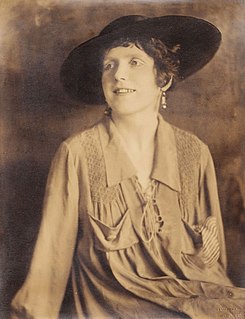A Quote by Kathy Acker
I'm what happens after death, which is writing.
Related Quotes
Are not the thoughts of the dying often turned towards the practical, painful, obscure, visceral aspect, towards the "seamy side" of death which is, as it happens, the side that death actually presents to them and forces them to feel, and which far more closely resembles a crushing burden, a difficulty in breathing, a destroying thirst, than the abstract idea to which we are accustomed to give the name of Death?
We are left with nothing but death, the irreducible fact of our own mortality. Death after a long illness we can accept with resignation. Even accidental death we can ascribe to fate. But for a man to die of no apparent cause, for a man to die simply because he is a man, brings us so close to the invisible boundary between life and death that we no longer know which side we are on. Life becomes death, and it is as if this death has owned this life all along. Death without warning. Which is to say: life stops. And it can stop at any moment.
There is another side to death. Whether death happens through an act of violence to a large number of people or to an individual, whether death comes prematurely through illness or accident, or whether death comes through old age, death is always an opening. So a great opportunity comes whenever we face death.
Temporal punishments are suffered by some in this life only, by some after death, by some both here and hereafter, but all of them before that last and strictest judgment. But not all who suffer temporal punishments after death will come to eternal punishments, which are to follow after that judgment.





































